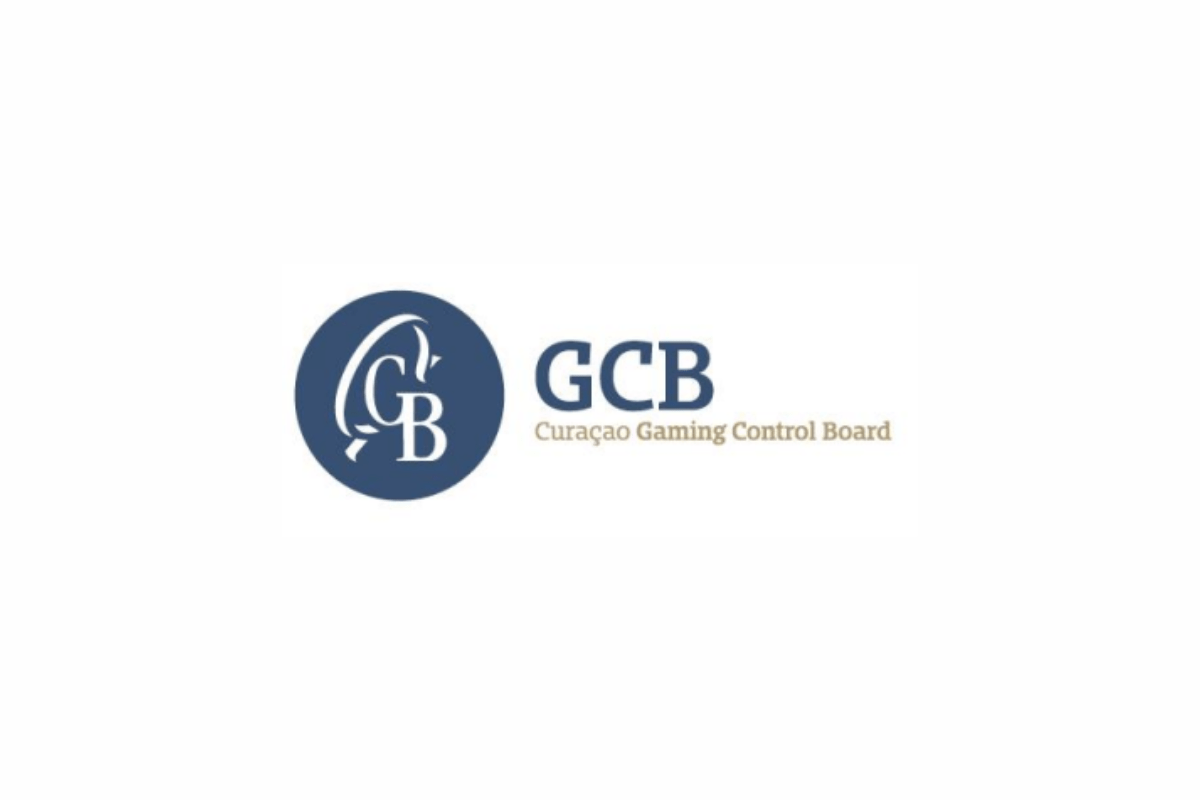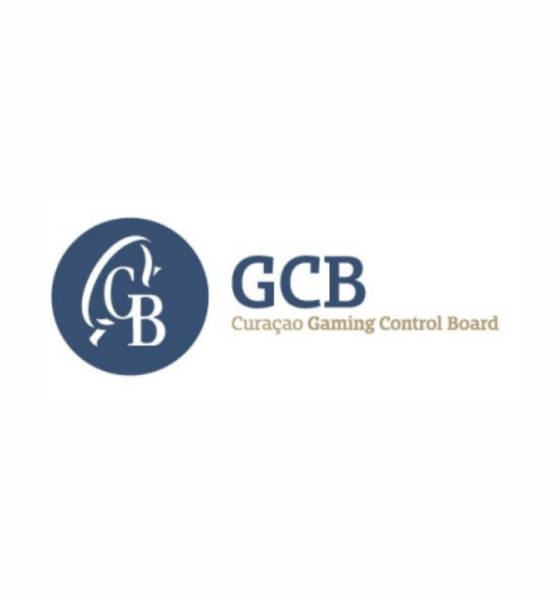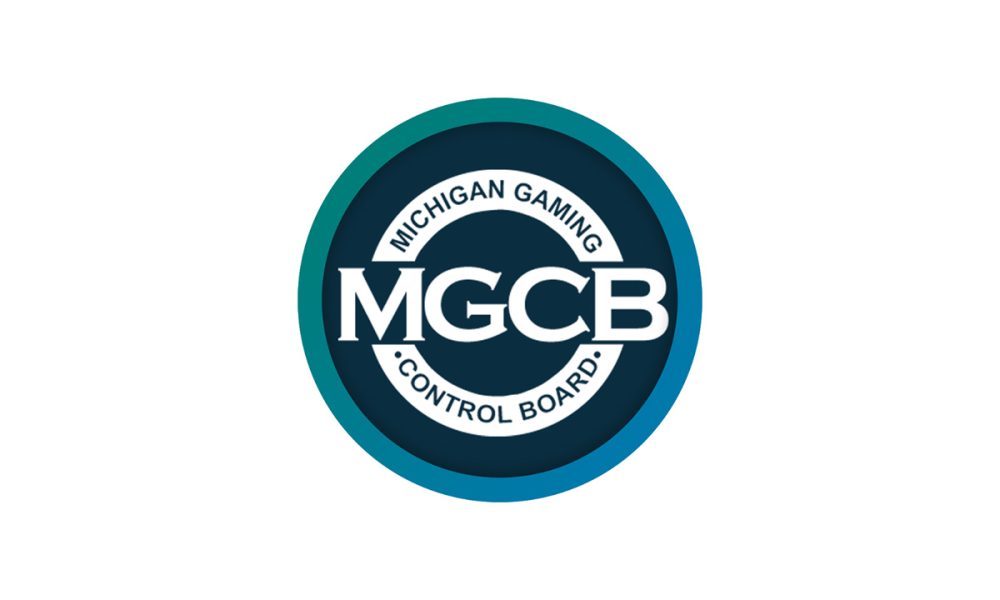

Compliance Updates
GCB Requirements for Compliance Officer Based on NOIS/NORUT
Introduction
The GCB provides these guidelines for the role of a Compliance Officer which is a statutory requirement for Curacao companies under the National Ordinance on the Identification of Clients when Rendering Services (NOIS) and the National Ordinance on the Reporting of Unusual Transactions (NORUT) as part of the fight against money laundering and terrorism financing.
Fit and Proper Requirements
The GCB aims to license operators that maintain integrity in their operations, which includes an effective compliance function. The individual acting as a Compliance Officer must demonstrate professional experience, competence and integrity. This entails specific requirements for those authorized by the GCB to serve as a Compliance Officer for a gaming operator.
Suitability
As part of the fit and proper process of the Compliance Officer, the operator must submit a comprehensive Personal History Disclosure Form to the GCB, along with all necessary supporting documents, including a CV, to enable the GCB to conduct thorough due diligence. The due diligence process may include, but not limited to, an assessment of the Compliance Officer’s:
- Personal and Professional History: Assessment of the individual’s background and experience, including any past legal or regulatory issues, to ensure no history of criminal activity, regulatory violations, or other conduct that would raise concerns about their suitability for the role.
- Reputation: Verification of the individual’s reputation through reference checks and, where applicable, consultation with relevant regulatory or industry bodies.
Competence
The operator must provide a detailed CV of the Compliance Officer, detailing their experience and education levels.
To qualify for the role, the Compliance Officer should meet one of the following criteria:
- Education and Experience: At least two years of experience in Anti-Money Laundering/Combating the Financing of Terrorism (AML/CFT) compliance in a reporting role, along with a bachelor’s degree or a relevant AML certification. Recognized certifications in Curaçao include the CAMS certification from the Association of Certified Anti-Money Laundering Specialists (ACAMS) and the AMLFC certification from the AML Foundation & Compliance Institute. Other comparable certifications may be accepted, subject to approval by the GCB.
OR
- Experience Only: At least four years of experience in AML/CFT compliance in a reporting role.
Additionally, individuals with at least two years of experience in a Money Laundering Reporting Officer (MLRO) role, or equivalent, in other jurisdictions are qualified to serve as a Compliance Officer according to NOIS/NORUT.
The Compliance Officer must demonstrate a commitment to continuing professional development by investing at least 10 hours annually in AML-related training. This may include industry-specific training and workshops offered by the GCB.
The Compliance Officer should have knowledge of Curaçao laws, including NOIS and NORUT, as well as AML regulations issued by the GCB. Familiarity with screening against EU and OFAC sanctions lists is also required.
- Scope of Responsibilities
The operator must formally designate a senior officer at the management level as responsible for detecting and deterring money laundering and terrorist financing. This AML/CFT Compliance Officer should have timely access to customer identification data, Customer Due Diligence (CDD) information, transaction records, and other relevant data, and must be able to act independently.
The Compliance Officer is responsible for:
- Designing and implementing the AML program.
- Ensuring compliance with Curaçao laws and regulations regarding money laundering and terrorist financing.
- Reviewing adherence to the casino’s policies and procedures.
- Organizing staff training sessions on compliance-related issues.
- Analyzing transactions and identifying those subject to reporting under the Ministerial Decree on Indicators for Unusual Transactions.
- Reviewing internally reported unusual transactions for completeness and accuracy.
- Maintaining records of both internally and externally reported unusual transactions.
- Design an internal procedure about when reporting of unusual transactions will lead to blocking/ freezing of user accounts
- Conducting further investigations into unusual transactions if necessary.
- Preparing external reports on unusual transactions.
- Making necessary changes to the AML program.
- Staying informed about local and international developments related to money laundering and terrorist financing and suggesting improvements to management.
- Preparing periodic reports on the casino’s efforts against money laundering, terrorism financing, and proliferation financing.
Conflict of Interest
The role of Compliance Officer must not be combined with any other function that could lead to a conflict of interest or compromise the independence of the compliance function. The Compliance Officer role cannot be combined with the functions of UBO, CEO, CFO, COO, Casino Manager, Slot Manager and other operational functions. Additionally, it should be separate from the internal audit function.
Exercising of Functions in Other Jurisdictions
An individual appointed as a Compliance Officer for a Curaçao entity may also serve as an MLRO in a foreign jurisdiction, provided they have sufficient time and resources to fulfill all roles effectively.
Outsourcing
The GCB permits the outsourcing of the compliance function to a reputable third party. The CV of the responsible manager must be submitted, detailing their experience and education levels. The operator should be able to provide the outsourcing contract upon request for evaluation by the GCB.
Any one person cannot represent more than 10 operators in the role of compliance function. This limit also includes similar roles in foreign jurisdictions. In specific cases, the GCB may contest this maximum given the size of the serviced operators.
Please note that the licensed operator remains responsible for ensuring the proper execution of the compliance function.
Transitional Arrangements
The GCB expects that both current and newly appointed Compliance Officers in the gaming sector will adhere to these guidelines.
If existing Compliance Officers of licensed operators do not meet one or more requirements at the time of introduction, some adjustment time will be allowed. The GCB expects the operator to comply with item 3 for its compliance officer right away. For items 5 and 6 the operator will have up to six months to comply with these requirements. Regarding item 4, competence, if the compliance officer is not compliant regarding experience and education levels, the licensed operator is awarded a maximum of 1 year to bring the knowledge of the compliance officer up to par. In this case, the licensed operator should disclose a training plan for the Compliance Officer, which will be monitored by the GCB.
Operators that have applied for a GCB license but have not been granted a license as yet at introduction date, should make sure that the proposed compliance officer complies with these guidelines since the mentioned transitional arrangements will not apply.
Exemptions
B2B licensees are not required to appoint a compliance officer as per the requirements issued in this guidance document.
Implementation Date
The implementation date is set for January 1, 2025
The post GCB Requirements for Compliance Officer Based on NOIS/NORUT appeared first on European Gaming Industry News.
Australia
AUSTRAC Intelligence Helps Crack Gold Laundering Case Linked to Gambling

AUSTRAC intelligence sparked an investigation that helped the Law Enforcement Conduct Commission (LECC) to uncover a NSW police officer who sold more than $1.3 million in family gold bars to fund a gambling addiction.
The officer was found by the LECC to have engaged in serious misconduct after taking 12 gold bars, weighing 50 ounces each that belonged to his uncle and was stored underneath his mother’s house.
He falsified know your customer forms to sell the bullion to 2 dealers, claiming the gold was a birthday gift or inheritance and then he used the proceeds on sports betting apps and later admitted to the false information stating he “needed the money”.
AUSTRAC first raised the alarm by flagging transactions, including significant gold sales to a bullion dealer with reported money laundering links.
Operation Dartmoor was launched and uncovered the full extent of misconduct.
The officer resigned from the NSW Police Force and has been referred to the Department of Public Prosecutions.
AUSTRAC CEO Brendan Thomas said the case highlights the risks facing the bullion sector.
“Gambling harm doesn’t just drain bank accounts, it can drive desperate people into crime,” Mr Thomas said.
“When gambling turns to addiction, people often look for fast money and that can mean stealing, fraud or money laundering.
“Bullion is portable, valuable and attractive to people wanting to use it illegitimately.
“If you trade in bullion, you are part of the front line in stopping its exploitation.
“Your AML/CTF controls are the difference between being a trusted dealer or a weak link for crime.
“Every transaction is a potential red flag – it’s your responsibility to look twice, and if needed, report it.”
The post AUSTRAC Intelligence Helps Crack Gold Laundering Case Linked to Gambling appeared first on European Gaming Industry News.
Betty Wins
MGCB Orders Four Offshore Online Casinos to Cease Operations in Michigan

The Michigan Gaming Control Board (MGCB) has issued cease-and-desist letters to four unlicensed online casinos—Betty Wins, Orbit Spins, Pacific Spins Casino, and Yabby Casino—all operated by Tech Zone Inc., a company registered offshore in the Union of Comoros.
The enforcement action is part of the MGCB’s ongoing commitment to protect Michigan residents from illegal gambling platforms that lack oversight, player safeguards, and responsible gaming protections.
“These offshore operators lure players with flashy ads and promises of big winnings, but in reality, they put consumers at serious financial and personal risk. We will continue to take strong action against unlicensed sites to ensure gambling in Michigan is legal, fair, and secure,” said Henry Williams, Executive Director of MGCB.
Under Michigan law, only MGCB-licensed operators are authorized to offer internet gaming and sports betting. Tech Zone’s four brands were found to be illegally targeting Michigan residents, violating the Lawful Internet Gaming Act, the Michigan Gaming Control and Revenue Act, and sections of the Michigan Penal Code.
“Illegal operators may use familiar branding or social media ads to appear trustworthy. But if the site isn’t licensed by the MGCB, it isn’t safe. We encourage all players to check before they bet,” Williams said.
The post MGCB Orders Four Offshore Online Casinos to Cease Operations in Michigan appeared first on Gaming and Gambling Industry in the Americas.
Compliance Updates
CT Interactive grows its certified portfolio in Romania

CT Interactive is strengthening its presence in Romania’s regulated iGaming market by certifying 20 new games, bringing its total portfolio in the country to 101 titles. This is a significant achievement in the company’s European growth strategy.
Among the new certified releases are fan favorites such as Lucky Clover 10, the latest addition to the beloved Clover series featuring vintage-inspired graphics and nostalgic design elements, and 20 Mega Star, a classic fruit-themed slot that combines familiar gameplay with modern visuals to keep players engaged. Both titles have already proven their success across multiple international markets with strong player engagement.
Additionally, CT Interactive is launching its new Buy Bonus product line in the Romanian market. This exciting lineup includes Doctor Winstein Buy Bonus, Duck of Luck Buy Bonus, Fruits & Sweets Buy Bonus, Nanook the White Ghost Buy Bonus, and Hyper Cuber Buy Bonus — all offering thrilling bonus features and enhanced gameplay tailored to local player preferences.
“Certification in Romania is an important part of our European growth strategy,” said Martin Ivanov, COO of CT Interactive. “This expansion not only strengthens our presence but also enables us to offer a diverse and premium range of content to the regulated Romanian market.”
With these new certifications, CT Interactive continues to be a trusted provider of engaging gaming content, offering Romanian operators a broad range of advanced titles fully aligned with local regulatory standards.
The post CT Interactive grows its certified portfolio in Romania appeared first on European Gaming Industry News.
-

 gaming3 years ago
gaming3 years agoODIN by 4Players: Immersive, state-of-the-art in-game audio launches into the next generation of gaming
-
EEG iGaming Directory8 years ago
iSoftBet continues to grow with new release Forest Mania
-
News7 years ago
Softbroke collaborates with Asia Live Tech for the expansion of the service line in the igaming market
-
News7 years ago
Super Bowl LIII: NFL Fans Can Bet on the #1 Sportsbook Review Site Betting-Super-Bowl.com, Providing Free Unbiased and Trusted News, Picks and Predictions
-
iGaming Industry8 years ago
Rick Meitzler appointed to the Indian Gaming Magazine Advisory Board for 2018
-
News7 years ago
REVEALED: Top eSports players set to earn $3.2 million in 2019
-
iGaming Industry8 years ago
French Senator raises Loot Boxes to France’s Gambling Regulator
-
News7 years ago
Exclusive Interview with Miklos Handa (Founder of the email marketing solutions, “MailMike.net”), speaker at Vienna International Gaming Expo 2018













